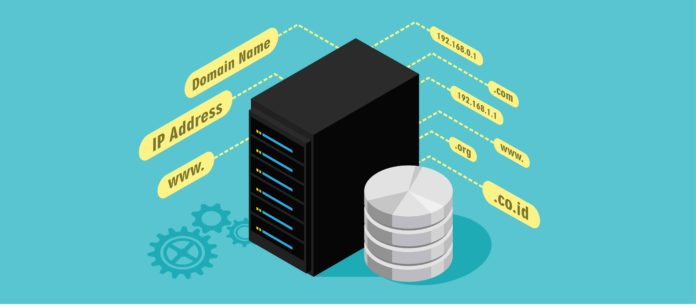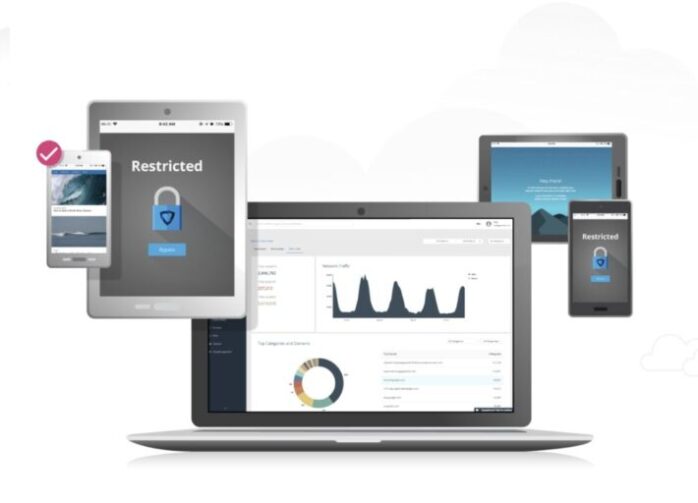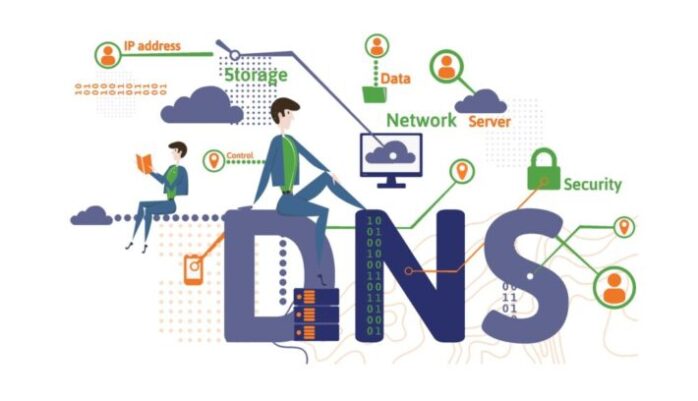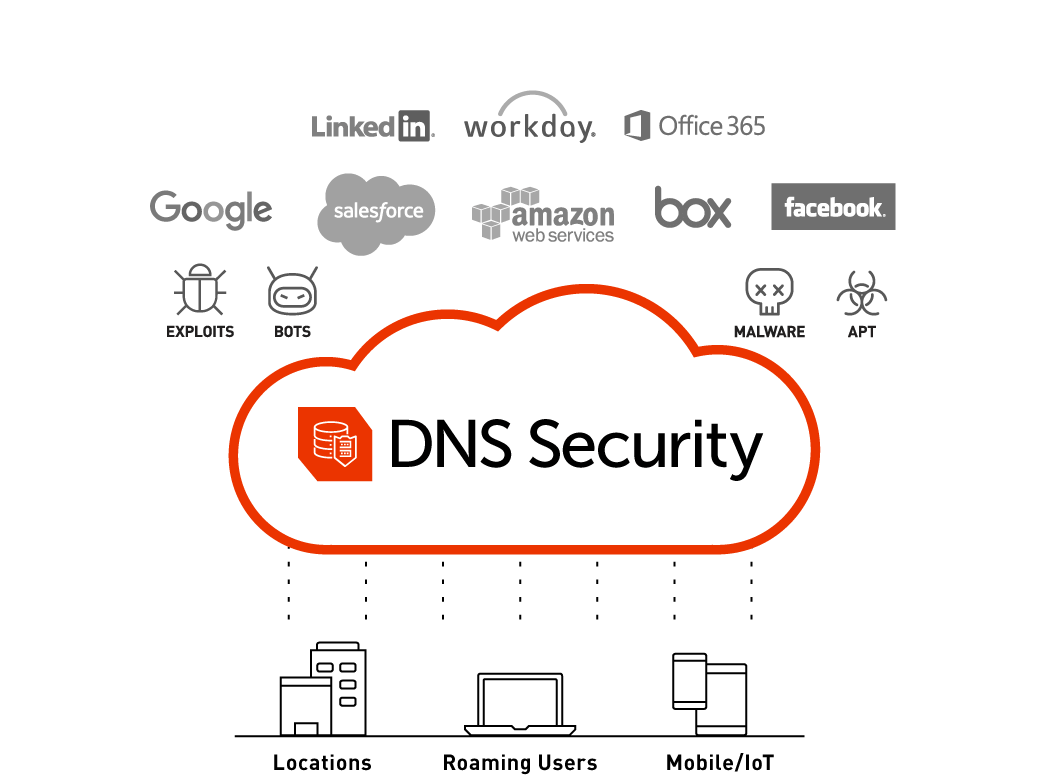
Have you ever been using a public Wi-Fi network or a computer at work, and then, when you go to visit one of your favorite websites, a notice pops up saying that the content isn’t accessible or that you aren’t authorized to view it?
If so, then you’ve experienced DNS filtering. But if you’re reading this, I bet you’re wondering what DNS stands for, and what DNS filtering really is. So, in the following article, we’ll be taking a deeper look at this process to help you understand why DNS filtering is important, as well as how it really works.
Before we dive, let’s take a look at the basics of DNS filtering.
What Does DNS Mean?

According to CloudFlare.com, DNS stands for Domain Name System. Essentially, DNS is the internet’s directory of all websites, pages, and blog posts. It’s kind of like a digital phonebook for websites. Except, unlike phonebooks, DNS isn’t outdated and people still use it.
The way DNS works is by translating website URLs from English, or whatever other human language you use, into a language that can be processed and interpreted by computers.
This language is known as internet protocol, which is most often simply referred to as an IP address. And while IP addresses are relatively easy for computers to memorize and use, it’s virtually impossible for a human to remember a website based on this. There’s just way too many numbers for a person’s brain to be able to make any sense out of these.
With that said, it’s the internet’s DNS that translates IP addresses into the common domain names that you know, like Google.com or Yahoo.com, for example.
So now that you understand what DNS stands for, let’s take a look at how the process of DNS filtering works.
How Does DNS Filtering Work?

It’s best to think of DNS filters as a blacklist of websites that can’t be accessed while connected to a network.
In many cases, a company, employer, or network owner is going to want to block certain web pages or types of content from being accessed by its users. Fortunately, DNS filtering is able to do just that.
Essentially, DNS filtering is the process of blocking or preventing access to certain websites (Or, IP addresses) for any given reason.
Typically, this is because of the type of content being displayed on the website. So, for example, if a website or group of websites is deemed to be a potential threat, a DNS filter can be used to block the IP address and prevent the network’s users from accessing it. This website explains how to check the url reputation of new domains or unpopular websites.
Most often, a DNS filter is used to block content or websites which are known by employers as “time-wasters”, such as social media platforms.
Why Is DNS Filtering Important?

The process of DNS filtering is crucial for business owners, not only because it prevents their employees from viewing or using these websites, but also because it can limit the number of cyber threats an employer’s network might be exposed to.
In other words, DNS filtering can be extremely useful and beneficial to companies by helping them protect against internet-based threats, like malware or phishing. This can be especially pertinent for companies working with remote employees.
In fact, for many businesses, due to the extremely high risk of a cyberattack, DNS filtering isn’t even an option anymore, it’s a necessity.
Today’s hackers and fraudsters are able to create powerful “exploit kits”, which can be used to probe a network for vulnerabilities. On top of this, the internet is already rife with ransomware and malware that can easily download itself onto a network, without its users even knowing about it.
So with that being said, DNS filtering is a great way to add additional security to a network, which will prevent employees and network users from visiting websites that might not be safe. At the same time, DNS filtering will also help employers enforce their internet usage policies. DNS filters will block access to any website you add to the list. So no matter what, you’re network will be safe from these threats.
Finally, in turn, DNS filtering can also help reduce the amount of work done by IT professionals, who already work tirelessly to keep employer networks running at full capacity.
But the frightening truth is, according to Purple, over 90% of businesses that offer Wi-Fi have completely unsecured networks, without any type of DNS filters. Unfortunately, these networks are sitting ducks, and it’s only a matter of time before they’re targeted by a virus, malware or ransomware attack.
Fortunately, according to Webroot.com, DNS filtering is capable of preventing 88% of malware bugs before they can reach a targeted network.
And with that said, it’s easy to see why DNS filtering can be so very important for business owners.
Reducing Risk, Improving Productivity

Finally, the biggest reason that businesses use DNS filtering is that it can help decrease workplace distractions and increase employee productivity.
In fact, back in 2014, Salary.com surveyed thousands of employees and found that about 89% admitted to wasting time throughout the course of the work day. What’s worse is that the number was up 20% from the previous year.
So, you can only imagine that today, this number is sure to be even higher due to the prevalence of social media.
On top of distracting employees and putting the entire network at risk of contracting malware, there are many websites, like peer-to-peer websites, which simply drain the network’s bandwidth, reducing productivity for everyone who relies on the network’s efficiency to get their jobs done.
So in the end, creating and implementing a DNS filter policy will not only help business owners reduce their risks, but it will also allow them to regain control of their networks!











